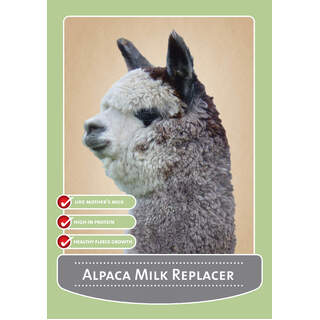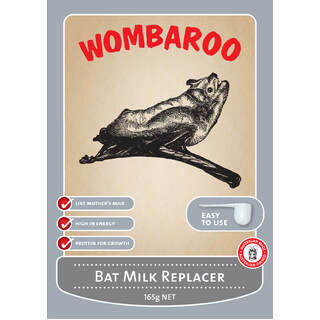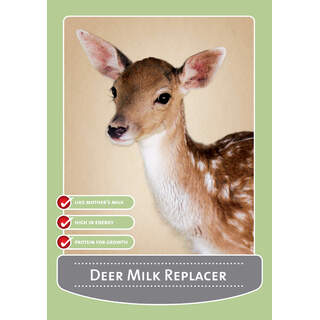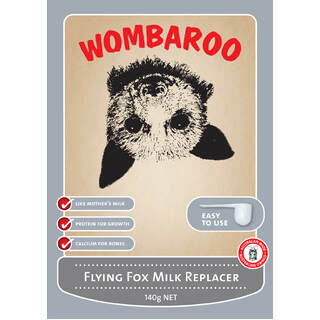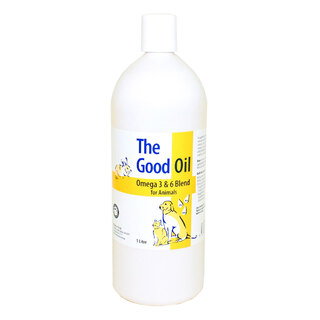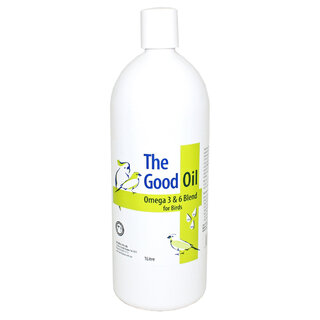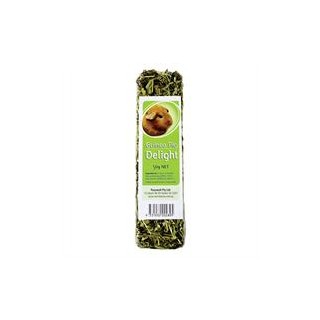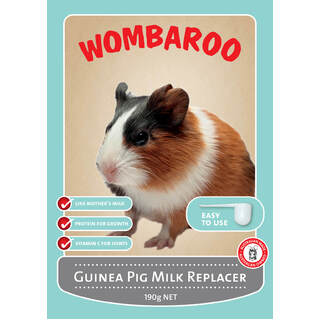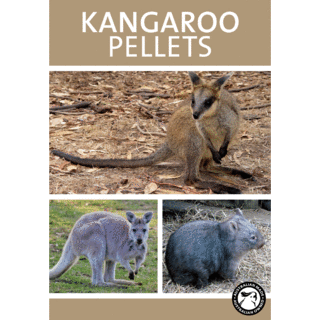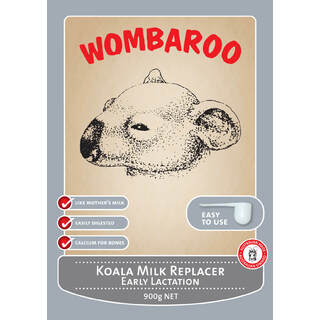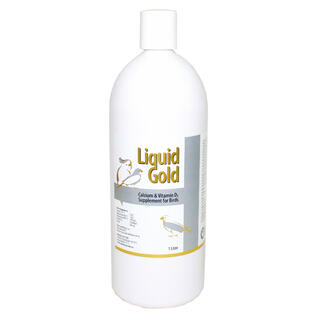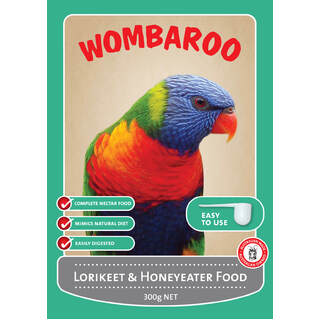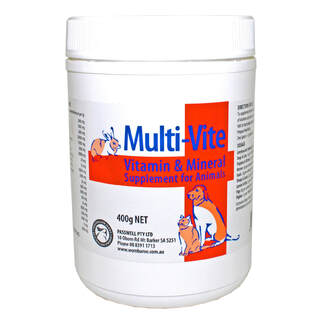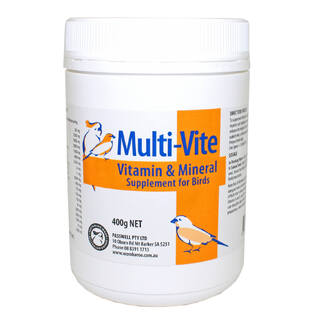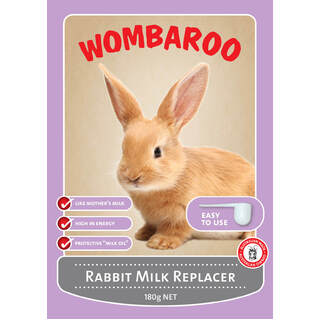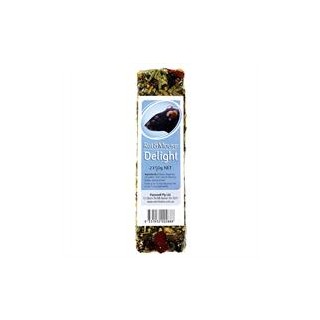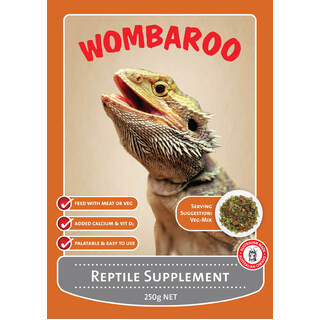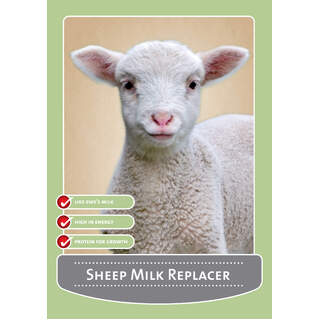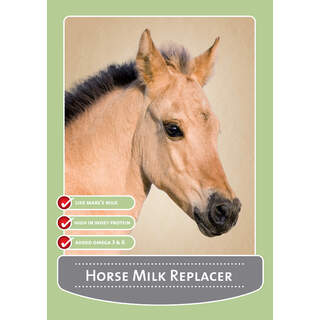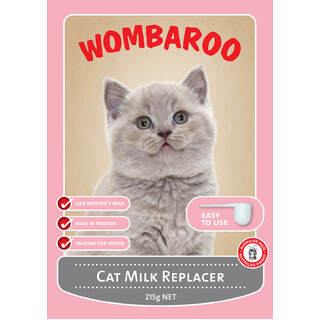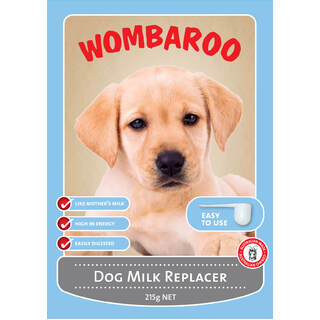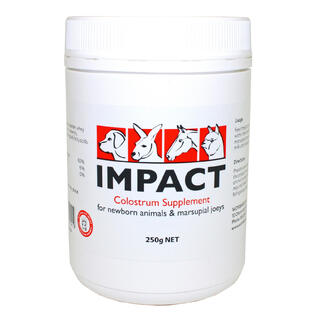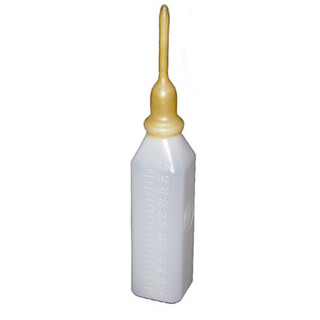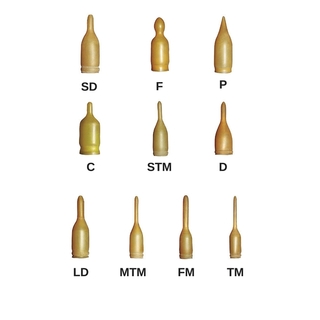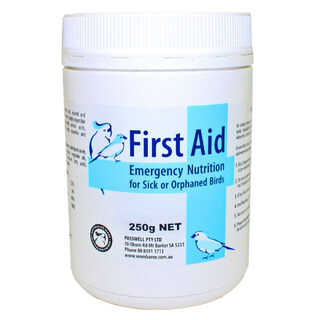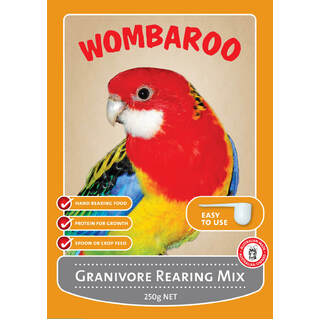
Wombaroo
About Us
Wombaroo Food Products was founded by Brian & Roslyn Rich. Brian was an industrial biochemist and worked in the pharmaceutical industry as a production and product development manager. Roslyn was a hospital scientist, specialising in microbiology and haematology. In 1976 they established a research laboratory to investigate the nutritional and energetic requirements of native birds, in particular honeyeaters and lorikeets. In 1982 the laboratory was relocated from Sydney to Adelaide and with the involvement of local veterinarians and Adelaide institutions, research was extended into the nutritional requirements of juvenile marsupials. This ground-breaking work led to the foundation of Wombaroo Food Products in 1984. Brian continued his work as an honorary researcher at the Adelaide Zoo Animal Health Centre
In 1987 Colin Rich joined the company. His expertise as an ornithologist and aviculturist was instrumental in the introduction of the Passwell range of bird foods. In 2000 Samantha Rich joined the company bringing with her several years of experience in marketing and customer service. Gordon Rich joined the company in 2005 and has experience as a Chemical Engineer in the processing and manufacturing sector.
Apart from making products for wildlife carers, aviculturists and animal breeders, we also supply specially formulated milk products for animal studies to Universities, Hospitals & Research Institutes.
We have supplied specialised bird foods and advice to endangered species recovery programs including the Black Stilt in New Zealand, the Magpie Robin in The Seychelles, the Regent Honeyeater in New South Wales, the Helmeted Honeyeater in Victoria.
We have supplied milk replacers to the World Society for the Protection of Animals for orphaned Orang-utans in Borneo, Sumartran Tigers and to the Northern Hairy-nose Wombat recovery program.
Our Lorikeet & Honeyeater Food, Insectivore Rearing Mix, Finch Soft Food and Parrot Pellets & Crumbles are used extensively as maintenance diets at institutions such as Taronga Zoo, Adelaide Zoo, Currumbin Bird Park, Gorge Wildlife Park, Territory Wildlife Park, Healesville Sanctuary, Department of Conservation and local councils.
We are continuing our research into the nutritional requirements of captive and wild birds and animals and have developed several products specifically for zoos and captive breeding programs. Some of the above organisations have assisted us by trialling these new products.

